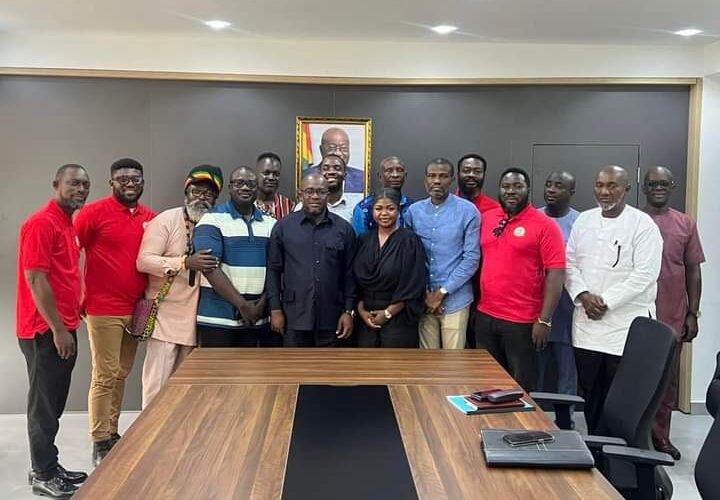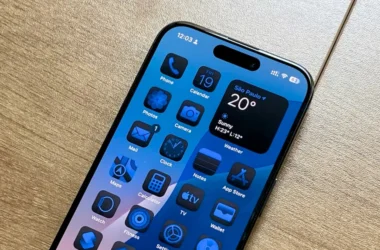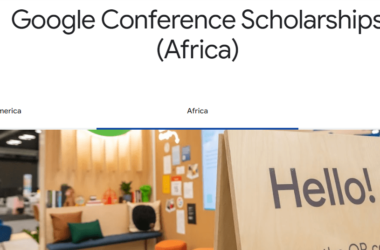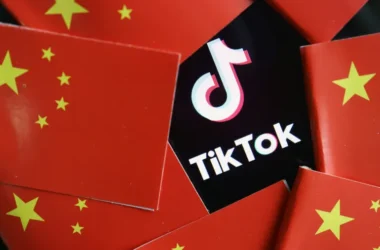TikTok is making significant strides to improve safety on its platform across Sub-Saharan Africa. Announced during TikTok’s Safety Summit in Nairobi, Kenya, the company is introducing two pivotal initiatives: the launch of its first Safety Advisory Council specifically for the Sub-Saharan region and the expansion of its #SaferTogether community education campaign. These steps reflect TikTok’s commitment to creating a safer online environment through collaboration with local experts and community engagement.
Introducing the Safety Advisory Council for Sub-Saharan Africa
Since 2020, TikTok has established a series of Safety Advisory Councils globally. These councils, including the U.S. Content Advisory Council, consist of experts in areas such as youth safety, free expression, and the prevention of hate speech. Their primary role is to shape TikTok’s policies, product features, and safety processes, ensuring that the platform remains responsive to evolving challenges.
The newly announced Sub-Saharan Africa Safety Advisory Council will take this effort a step further. By incorporating local expertise, the council will focus on the unique safety issues and cultural considerations of the region. The council members are carefully selected for their broad range of knowledge and experience:
- Prof. Guy Berger, from Rhodes University in South Africa, brings deep expertise in media and communications.
- Dennis Coffie, a content creator from Ghana, offers insights into the creator community and digital content trends.
- Peter Cunliffe-Jones, a Visiting Research Fellow at the University of Westminster in the UK, provides a global perspective on media safety and policy.
- Aisha Dabo, Co-Founder and coordinator of AfricTivistes in Senegal, is a leader in advocacy and civic engagement.
- Lillian Kariuki, Founder and Executive Director of Watoto Watch Network in Kenya, is dedicated to child protection and online safety.
- Dr. Akinola Olojo, an expert on preventing and countering violent extremism from Nigeria, contributes valuable knowledge on security issues.
- Prof. Medhane Tadesse, a policy academic on peace and security issues from Ethiopia, offers expertise in conflict resolution.
- Berhan Taye, an independent researcher from Ethiopia, adds a research-driven approach to safety and policy development.
Valiant Richey, TikTok’s Global Head of Outreach and Partnerships for Trust and Safety, emphasized the importance of this new council, stating, “With the launch of the Sub-Saharan Africa Safety Advisory Council, we are demonstrating our commitment to including expert African voices in our Trust and Safety work. This group of leaders was chosen for their broad range of expertise and experience, and we look forward to working with them over the coming years.”
Expanding the #SaferTogether Campaign

Alongside the creation of the Safety Advisory Council, TikTok is expanding its #SaferTogether campaign to enhance community engagement and education. This initiative is designed to promote a fundamental understanding of TikTok’s community guidelines and safety features. The campaign aims to actively involve users in creating a safer online environment.
The updated #SaferTogether campaign will include various activities, such as workshops, social media outreach, and partnerships with key stakeholders. These efforts will focus on educating users about TikTok’s community standards and the importance of adhering to them. By fostering a collaborative approach, the campaign seeks to ensure that TikTok remains a secure platform for creative expression.
Fortune Mgwili-Sibanda, TikTok’s Director of Government Relations & Public Policy for Sub-Saharan Africa, underscored the campaign’s goals: “The community empowerment campaign highlights the importance of safety being a shared responsibility. This part of the campaign will speak directly to the TikTok community, encouraging them to make TikTok a safer space by following our Community Guidelines and using the available safety features. With the additional layer that the Safety Advisory Council presents, we believe that safety can be achieved collectively.”
Understanding TikTok’s Community Guidelines
TikTok’s Community Guidelines are central to the platform’s safety efforts. Developed through extensive research and input from safety experts and community members, these guidelines set the standards for acceptable behavior and content. The aim is to create a safe and welcoming environment where everyone can express themselves freely and creatively, while also being protected from potential harm.
The guidelines are continuously updated to address emerging safety concerns and reflect feedback from the community. By maintaining these standards, TikTok seeks to support a respectful and positive online space for all users.
The Impact of #SaferTogether in Sub-Saharan Africa
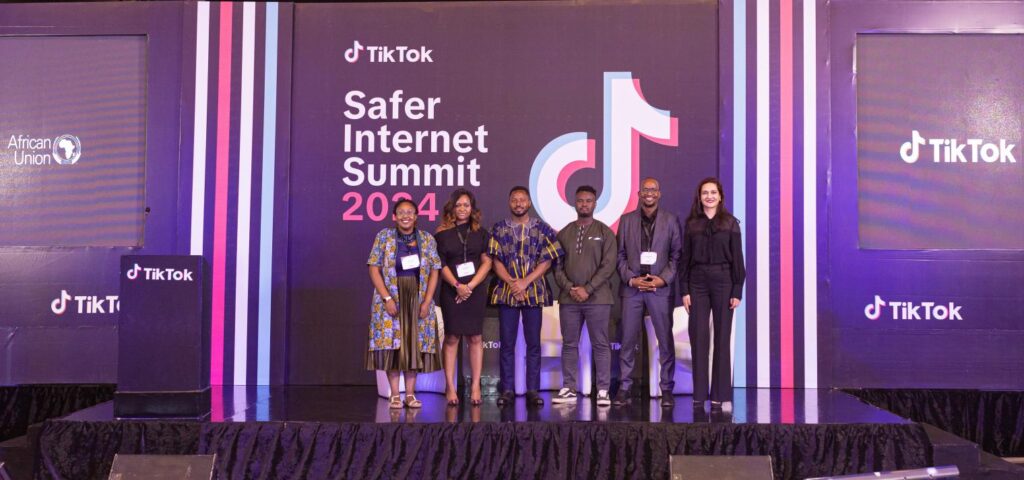
The #SaferTogether campaign has already made a significant impact across Sub-Saharan Africa. In Kenya, TikTok has conducted workshops that have reached students, parents, and teachers across 26 out of 47 counties. These workshops have benefitted over 64,000 students, more than 467 parents, and 346 teachers, helping them understand best practices for online safety.
The campaign also launched in Nigeria in 2022, and earlier this year, TikTok announced a partnership with the African Union Commission’s Women, Gender, and Youth Directorate (WGYD). This partnership aims to deliver digital literacy programs across Africa, guiding young people and their caregivers on how to use digital platforms safely and effectively.
In addition, Safaricom, a long-standing partner of TikTok, has supported these safety initiatives. Safaricom’s involvement, including collaborations on mobile data bundles and events like the #LevelUpAfrica Creator event, highlights its commitment to enhancing online safety in the region.
Overall, TikTok’s new initiatives signify a strong commitment to improving online safety in Sub-Saharan Africa. By leveraging local expertise and engaging with the community, TikTok is working towards a safer, more supportive platform for its users across the region.

